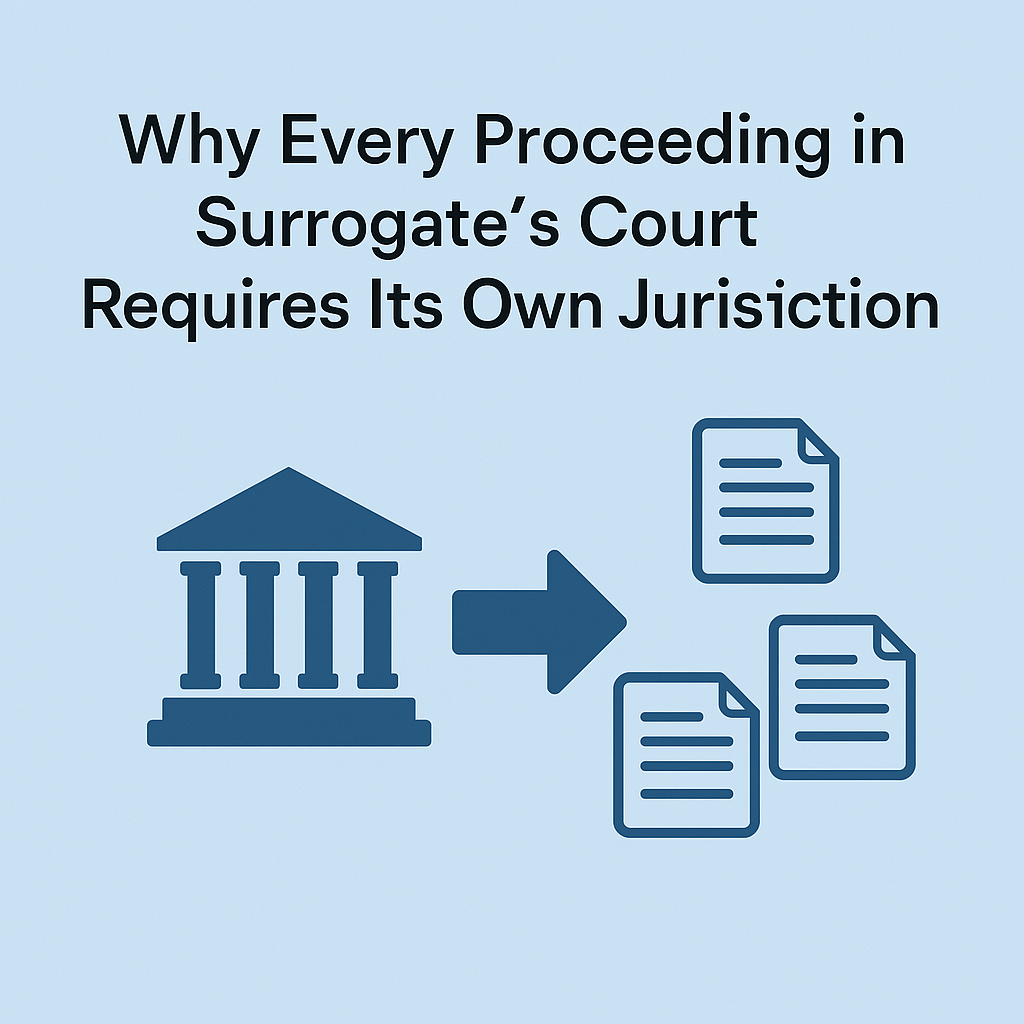When it comes to managing an estate, the responsibilities of an executor can vary significantly based on the specifics of the will and the applicable laws. A fascinating case that highlights these nuances is the matter of In re Purdy, 129 Misc. 297, 221 N.Y.S. 468 (N.Y. Sur. Ct., Westchester Co. 1927). This case demonstrates why the executrices lacked authority over the estate’s real property—and the broader implications for executor duties in New York.
Background of the Case
In the case of In re Purdy, the decedent, Livingston R. Purdy, named his niece, Mamie J. Purdy, and his widow, Fannie P. Purdy, as coexecutrices of his estate. The niece performed most of the accounting duties and sought to be paid commissions for managing the life estate property. However, the court ruled that she had no right to collect rents, make repairs, or manage the property.
Key Reasons for the Court's Decision
- No Duties Imposed by the Will: The will did not impose any specific duties on the executrices regarding the real property. The court emphasized that unless the will explicitly charges the executor with responsibilities related to real estate, they have no authority over it.
- Life Estate Devised to the Widow: The will granted a life estate in the real property to the widow, Fannie P. Purdy. This meant that she had the right to use and enjoy the property during her lifetime. The niece's management of the property was unauthorized because the widow, as the life tenant, was the rightful person to take control.
- Absence of Power of Sale: The will did not contain a power of sale clause, which would have allowed the executrices to sell the real property to pay debts or manage the estate. Without this power, the executrices had no legal grounds to handle the real estate.
- Sufficient Personal Property: The estate had sufficient personal property to cover all debts and claims. Therefore, there was no need to involve the real property in the payment of debts or expenses, further limiting the executrices' responsibilities.
- Legal Precedents: The court referenced several legal precedents that support the principle that executors have no relation to real property unless explicitly stated in the will or required by law. This includes cases like Matter of Fleming and Matter of Gill, which reinforce that the heir or devisee is the rightful person to manage real estate unless otherwise directed.
Shepard's Report
A Shepard’s report run on February 16, 2025, shows that In re Purdy has a “Positive” treatment, indicating that it remains good law. Although the most recent case citing In re Purdy dates back to 1978, its principles continue to be recognized and followed in subsequent legal decisions.
Conclusion
The In re Purdy case serves as a crucial reminder that the responsibilities of an executor are strictly defined by the will and relevant laws. Executors cannot assume control over real property unless explicitly granted such authority. This ensures that the rights of life tenants and devisees are respected, and the estate is managed according to the decedent's wishes.
For anyone involved in estate planning or administration, understanding these legal boundaries is essential. Clearly defining these limits ensures that estates are administered properly and that the rights of all parties are upheld.
Have you encountered other cases where an executor’s authority over real estate was limited or clarified? If so, we’d love to hear about them. Share your thoughts or case references in the comments or reach out to continue the discussion.
Hani Sarji
New York lawyer who cares about people, is fascinated by technology, and is writing his next book, Estate of Confusion: New York.




Leave a Comment